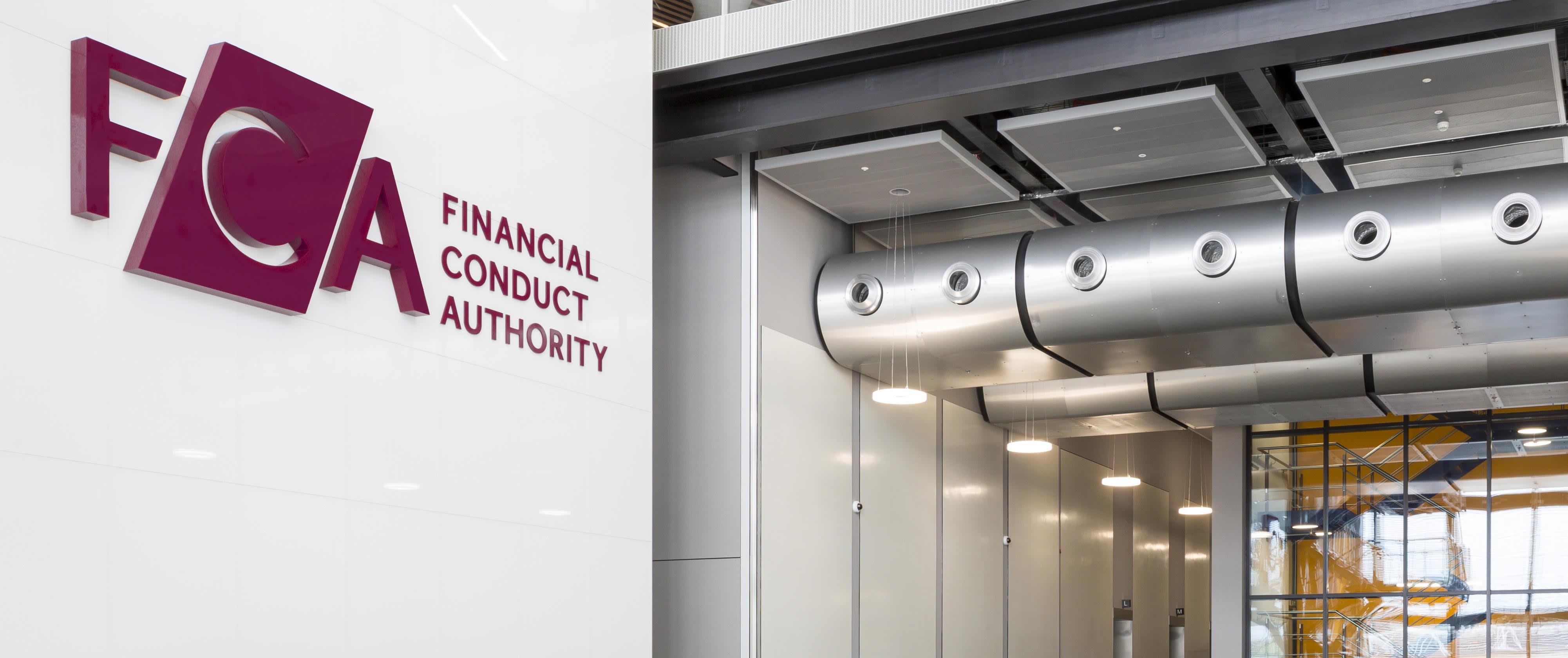
The Financial Conduct Authority has proposed to split the fee-block relating to principal firms who pay the regulator's levy.
In a consultation paper titled 'Regulatory fees and levies: policy proposals for 2024/25', published today (November 21), the FCA said it wants to split the fee-block for principal firms into two.
The A.10 fee-block will be split into A.10A for dual-regulated firms (those who fall under the remit of the FCA and the PRA) and A.10B for solo-regulated firms.
Within the planned A.10B fee-block, the FCA said several firms will see a reduction in fees while some firms may see significant upwards adjustments.
Elsewhere, the FCA also plans to widen the definition of the term ‘relevant business’ to ensure it covers all complainants to the Financial Ombudsman Service, not just purely consumers.
As well as consumers, eligible complainants also include micro-enterprises, small businesses, charities with an annual income of less than £6.5mn and trustees of trusts with a net asset value of less than £5mn.
The FCA said it may no longer be reasonable to base ‘relevant business’ only on business conducted with consumers.
This could mean that firms who do business with other eligible complainants are not contributing their fair share towards the total costs of the Fos - case fees and levy payments combined.
Therefore, the FCA is proposing to expand the definition from April 1, 2025 to cover business conducted with all eligible complainants to the Fos.
“We considered the impact of the change against our market integrity and competition operational objectives, as well as our secondary international competitiveness and growth objective,” it said.
“We concluded its impact would be proportionate. The change would not increase the ombudsman service’s overall budget requirements, or the total amount collected from firms under the CJ levy.
“It would only affect how levy contributions are allocated to each firm, with firms paying slightly more or less than currently depending on how much business they do with different types of eligible complainant.”
For example, firms that only do business with eligible complainants who are not consumers currently pay a minimum fee.
The new definition would mean these firms pay slightly more, depending on the amount of relevant business they report.
“We expect the overall impact of the change would likely be minor on many firms, while more fairly reflecting the burden that all in-scope firms place on the Fos,” it added.
This is not the first time this has been consulted on.
The FCA’s predecessor, the FSA, consulted on the ‘relevant business’ definition in November 2000.
In response to the consultation, some firms argued it would be difficult for them to identify income received from businesses.
This would, in the firms’ view, result in the inaccurate calculation of levies.
So, in October 2001, the FSA and the Fos decided that instead of contributing towards the levy, firms would pay a different, higher case fee - known as a ‘special case fee’ - for complaints referred to the Fos where the complainant was not a consumer.






